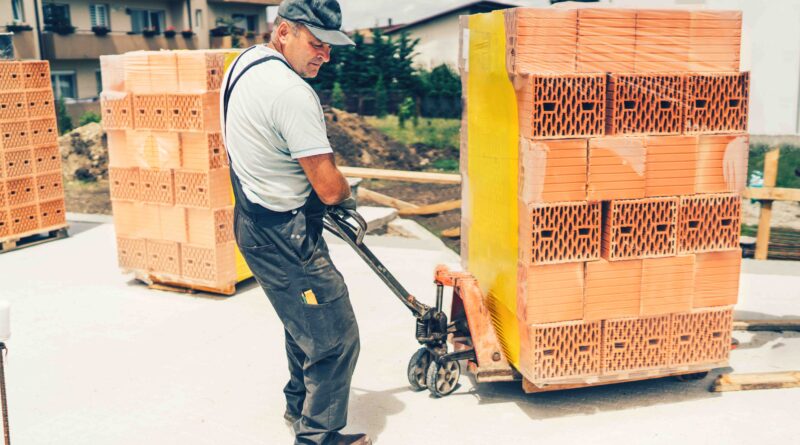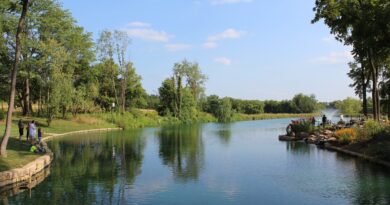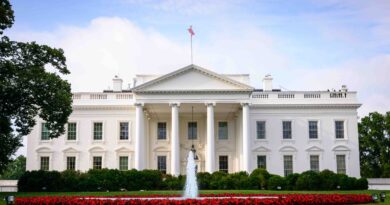EPA Announces Recipients of $105M in Grants for Recycling Infrastructure
The U.S. EPA announced that the recipients of $105 million in Solid Waste Infrastructure for Recycling grants are meant to improve 25 communities’ recycling, organics and waste management systems throughout the country.
According to the Waste Dive, the EPA describes the grants as its “largest recycling investment in 30 years.” Some waste and recycling stakeholders have been eagerly anticipating the release of this infrastructure funding since 2020, when Congress passed the Save Our Seas 2.0 Act. The act largely did not have funding attached to it until President Joe Biden signed the Infrastructure Investment and Jobs Act in 2021.
Additional grant recipients include $3.9 million for an anaerobic digestion program in Los Angeles County; $1.5 million for reuse programs in Hawai’i County; $4 million for curbside collection in Trujillo Alto, Puerto Rico; and nearly $1 million for MRF equipment in West Monroe, Louisiana, according to a list provided by the EPA.
During a press call announcing the grants on Tuesday, EPA Deputy Administrator Janet McCabe said many of the community grants, ranging from $500,000 to $4 million per grant, are meant to support “disadvantaged communities that have been traditionally underserved by recycling services,” and are also meant to help create jobs, particularly across urban and rural areas. About $56 million of the grant funding – an estimated 76% – supports projects in what the EPA considers “disadvantaged” areas, she said.
The grant program funding allocation aims to support the Biden administration’s Justice40 initiative, which seeks to ensure 40% of benefits from federal programs benefit “communities that are marginalized, underserved, and overburdened by pollution,” the EPA said in a statement.
During the call, Minneapolis Mayor Jacob Frey said his city’s $4 million SWIFR grant to help redevelop its North Transfer Station will help the city meet its goal to recycle and compost 80% of its waste by 2030. It will also make it easier for residents on the city’s north side to use recycling and waste services they previously had to drive long distances to access.
“A key component to making progress on [zero waste goals] is to give residents convenient options to recycle. We know from data and statistics that people will not go dramatically out of their way to recycle,” he said.
Along with the community-based grants, states and territories will receive additional funding ranging from $360,000 to $750,000 individually, McCabe added. Those grants will benefit all 56 states, territories and the District of Columbia, the EPA said. Projects under the state and territory grant category include waste management planning in places like Colorado and Texas, data collection improvements in Connecticut and New York, recycling field research and data collection in Arkansas and numerous other projects.




